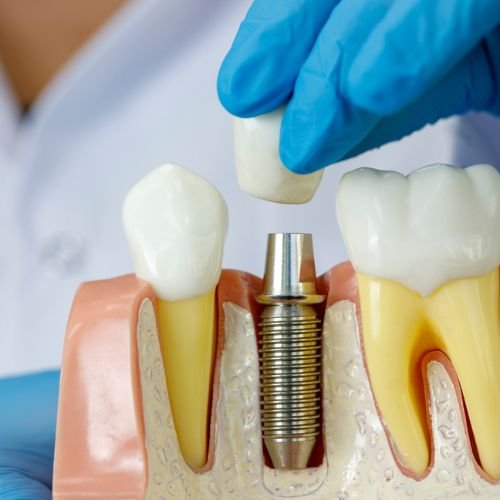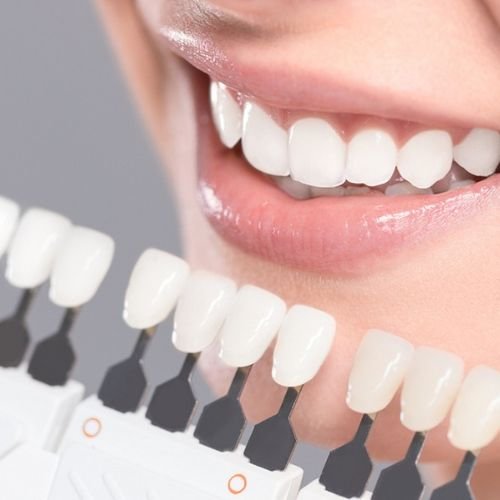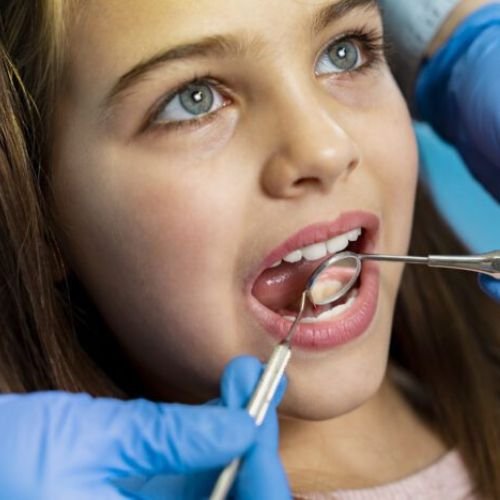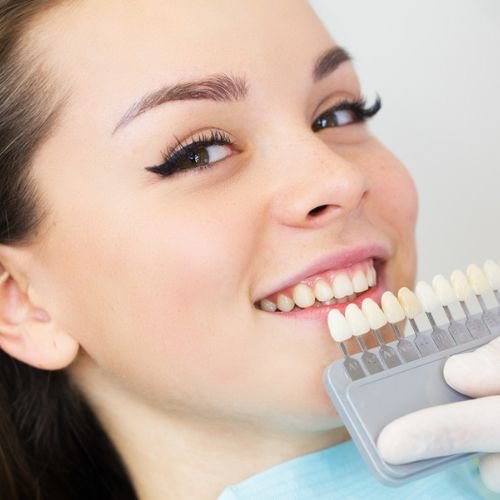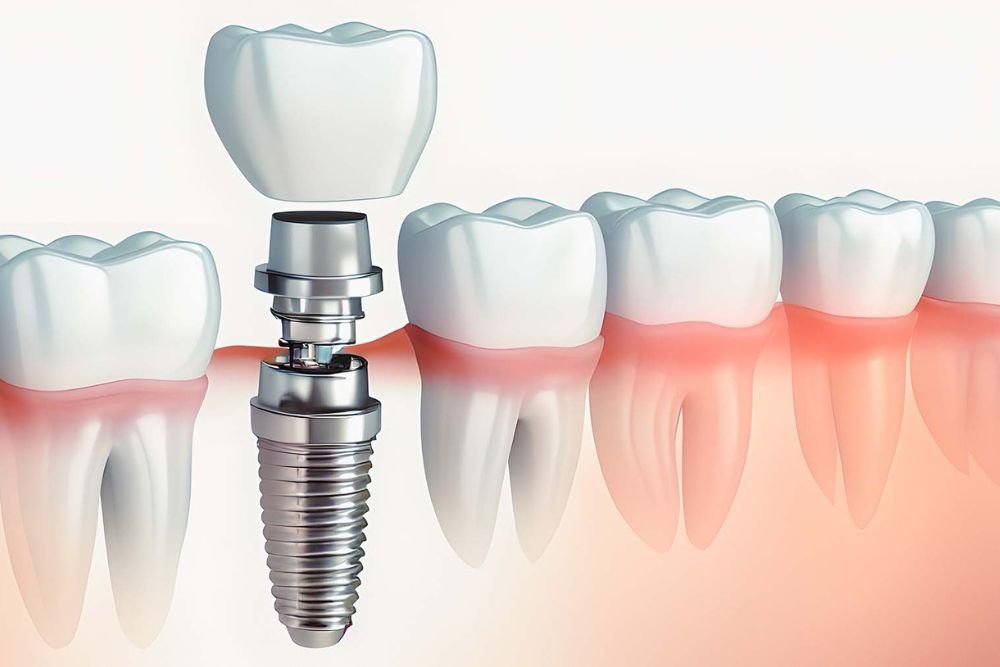Why Choose South Lake Smiles for Your Dental Implants in Perth?
If you are missing one or more teeth, dental implants are one of the most effective and long-lasting solutions to restore your smile. At South Lake Smiles in Perth, we understand how important a healthy, confident smile is. That’s why we specialise in providing high-quality, customised dental implant treatments tailored to each patient’s needs. But you may be wondering – why should you choose South Lake Smiles for your dental implants in Perth? Let’s explore what makes us the trusted choice for many patients across the Perth. Experienced and Skilled Dentists Our highly qualified dentists have extensive experience in performing dental implant procedures with precision and care. From single-tooth implants to full-mouth restorations, our team uses the latest techniques to ensure long-lasting and natural-looking results. Advanced Technology and Modern Facilities At South Lake Smiles, we believe in combining professional expertise with cutting-edge dental technology. Our clinic in Perth is equipped with modern diagnostic tools, digital imaging, and state-of-the-art implant systems to ensure accuracy, safety, and comfort throughout your treatment. Personalised Treatment Plans Every smile is unique, and so is every implant procedure. We take the time to understand your needs, assess your oral health, and design a customised treatment plan that ensures the best outcome for you. Our goal is to give you a smile that not only looks great but also feels completely natural. Comfort and Care at Every Step Many patients feel nervous about dental procedures. At South Lake Smiles, we prioritise patient comfort by offering a welcoming environment and gentle care. Our friendly team is here to guide you through every stage of your dental implant journey, making sure you feel informed and relaxed. Affordable and Flexible Payment Options We believe everyone deserves a confident smile. That’s why we offer affordable dental implant solutions in Perth along with flexible payment plans to make treatment accessible for all patients. Long-Lasting Results You Can Trust Dental implants are designed to be a permanent solution for missing teeth when cared for properly. With our expert treatment and follow-up care, you can enjoy a strong, functional, and beautiful smile for years to come. Why Dental Implants Are the Best Choice for Tooth Replacement Unlike dentures or bridges, dental implants integrate with your jawbone, providing stability and preventing bone loss. They look and function just like natural teeth, giving you the freedom to eat, speak, and smile with confidence. Book Your Dental Implant Consultation at South Lake Smiles If you’re searching for dental implants in Perth, look no further than South Lake Smiles. With our experience, advanced technology, and patient-first approach, we are committed to helping you achieve a healthy, beautiful smile that lasts a lifetime. Call us today or book your appointment online to start your journey towards a confident smile with South Lake Smiles.


